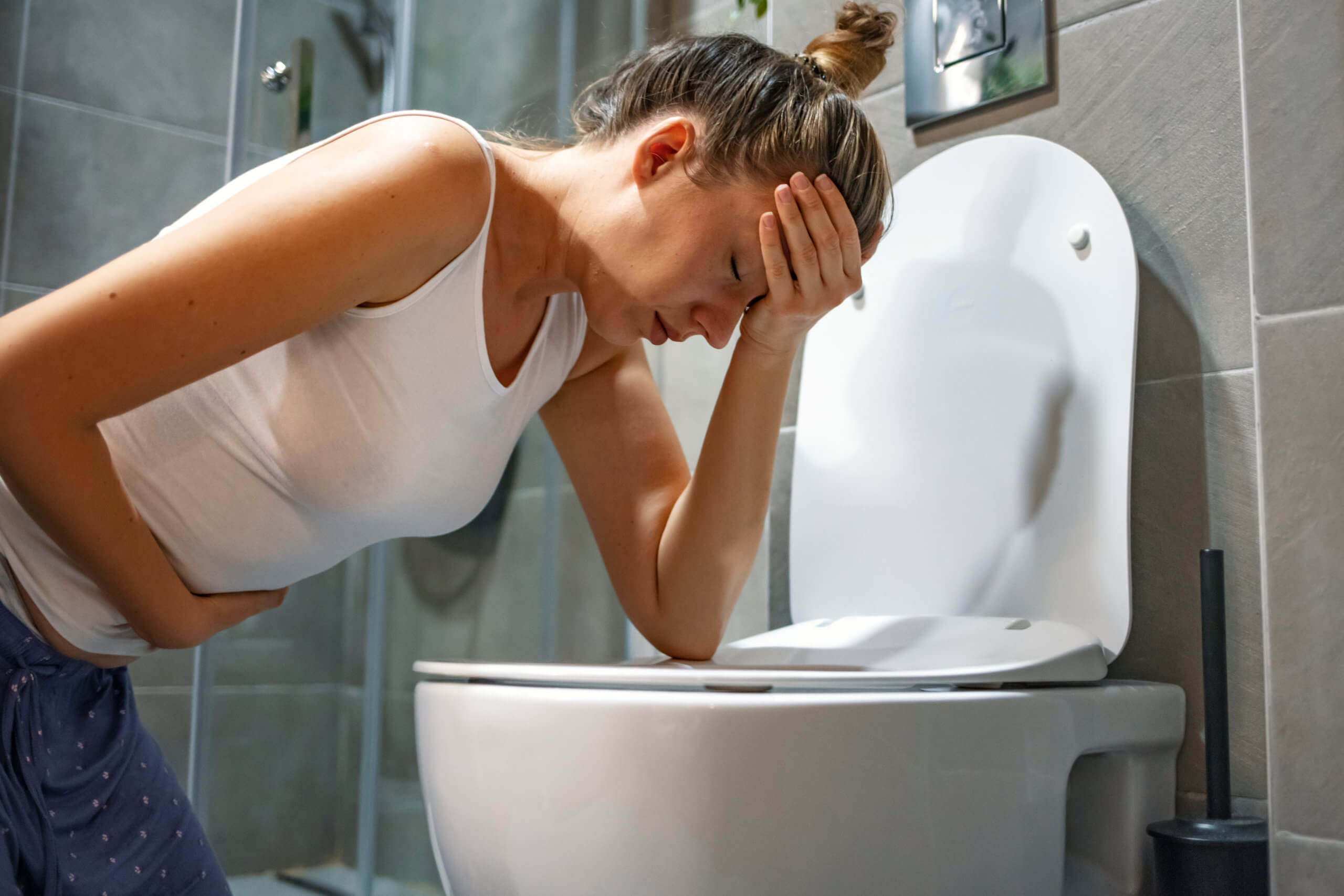Gastrointestinal colds can be very nasty. You may feel nausea, vomiting, and diarrhea. You may have to stay near the bathroom all day but rest assured that gastrointestinal colds usually go away spontaneously. However, if you want to reduce your pain and irritation as much as possible until then, here’s what you can eat to help do so!
What Is Stomach Flu?
The stomach and intestines have a mucous membrane inside. Gastrointestinal colds cause inflammation of these mucous membranes. The culprit is often a virus and sometimes bacteria. For instance, norovirus is a known cause of intestinal flu. This usually reaches the stomach and intestines through the mouth.
When a person has gastrointestinal flu, diarrhea and vomiting are common. Nausea, abdominal pain, headache, and fever may also be present. If you vomit a lot or have severe diarrhea, you may not be getting enough fluids. Therefore, the most important tip for a stomach flu is to drink often.
Symptoms of Gastrointestinal Flu
Gastrointestinal flu is very uncomfortable and often does not make you feel better at all. These are the most common symptoms:
- Diarrhea
- Nausea
- Vomiting
- Stomach pain
- Headache
- Fever
Severe diarrhea, especially accompanied by vomiting and fever, can lead to dehydration. Young children and the elderly are at greater risk for dehydration. Dehydration is serious and requires immediate treatment.
How Is the Stomach Flu Transmitted?
Many viruses that cause stomach flu are easily transmitted from person to person. Usually, the stomach flu virus can be passed from a person with stomach flu by shaking hands or when a person coughs or sneezes. Eating bad food or drinking contaminated water can also cause stomach flu.
Gastrointestinal colds have a short incubation period. Symptoms usually appear within one to three days.

How Long Does a Stomach Flu Last?
Gastrointestinal colds usually resolve within a week. On average, a person is entirely well within 4 to 7 days.
Very Important: Drink and Wash Your Hands Often
Gastroenteritis causes a massive loss of fluids. Drinking often and continuously will prevent dehydration and help you feel better quickly. Drink small amounts during the day. It is best to leave fruit juices and soft drinks and drink plain water for a while. Make sure to wash your hands well after using the bathroom and before eating as well.
What To Consume When You Have Gastroenteritis?
With gastroenteritis, it’s better to have a healthy meal. Eat mainly what you feel like eating. Your body will be able to use nutrients better. Even if you have a lot of diarrhea, you should know that your intestines constantly absorb half of your food.
When you have intestinal flu, you lose a lot of fluid. By continuing to drink well, you can prevent dehydration and recover quickly.
You can eat whatever you like, but it’s better to opt for whole-grain bread or pasta instead of white bread and pasta. Don’t feel like eating them? Then have a cup of vegetable soup or broth. You can also eat something dry like crackers, biscuits, or rusks to give your stomach a rest.

When Should I See a Doctor for Stomach Flu?
Gastrointestinal issues are very uncomfortable, but fortunately, they usually resolve spontaneously. However, if you notice the symptoms below, you should consult your doctor:
- If you have watery diarrhea six or more times a day for three days.
- Diarrhea and fever for 3 days.
- If there is blood or mucus in the stools.
- Drowsiness, confusion, or tendency to faint.
- Continuous or severe abdominal pain.
- If you are over 70 years old or under 2 years old, consult your physician first.
- After 1 day with more than 6 episodes of watery diarrhea.
- Fever and diarrhea after 1 day.
- Stops urinating after 8-12 hours.
- If you have diabetes, heart failure, kidney disease, or are taking prescription drugs. Please consult your physician in these cases as well.


